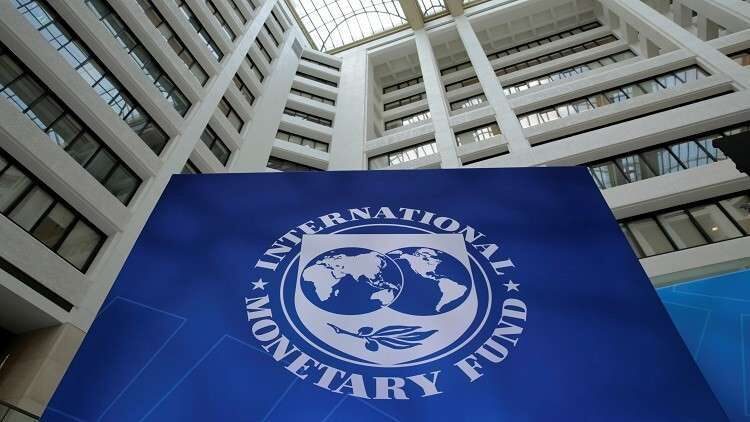Global merger and acquisition (M&A) activity plunged in 2023, with deal values dropping to $2.5 trillion from their peak of over $5 trillion in 2021, according to the latest Global M&A Industry Outlook report by PwC.
Global deal volumes saw a 17% year-on-year plunge, falling from just over 65,000 deals in 2021 to approximately 55,000 in 2023.
Rising interest rates, financing challenges, and slowing economic growth in many regions have contributed to this decline, according to the report.
Mid-markets fares better
Mid-market deals fared better than expected due to their relative ease of execution in a challenging financing environment, the report said. “The second half of the year witnessed a more bearish sentiment among dealmakers, contributing to M&A volumes and values declining by 6% and 25% in 2023, compared to the year before,” read the report.
Middle East shows resilience
A total of 447 M&A deals were recorded in the region by the end of 2023, marking a 30% decline from the previous year. This decline was primarily driven by Egypt’s deal volumes dropping by 60% in 2023, while large markets such as Saudi Arabia and the UAE generally maintained levels similar to 2021.
“The Middle East’s M&A market has shown remarkable resilience, which has boosted investor confidence in the region and led to an increase in active dealmaking. We anticipate that 2024 will be a year of growth and activity will be driven by economic diversification goals, decarbonization, and a focus on localization and value creation, as organizations transform their business models and look to expand capabilities,” said Romil Radia, Deals Markets Leader at PwC Middle East.
Uncertainties cast shadow
Looking ahead, the global M&A market continues to face uncertainties and challenges, but opportunities for strategic and transformative deals persist.
In this respect, the report explained that member nations undergoing digital transformation and strengthening their non-oil sectors, citing the recent projections of the International Monetary Fund (IMF) for the region that are optimistic.
The IMF projects the region’s economic growth to accelerate from 1.7% in 2023 to 3.7% in 2024, which positions it as an outlier with higher expectations of economic prosperity than other global regions (Global growth is expected to slow from 3.0% in 2023 to 2.9% in 2024).
“This sets the stage for a generally favourable dealmaking climate, marked by increasing investor confidence – a sentiment that is reflected by findings from PwC’s 27th Global CEO Survey for the Middle East, with 73% of respondents expressing confidence in the region’s growth in 2024 in contrast to 44% of their global counterparts who share the same sentiment about their respective territories”, according to the report.
Oil prices
The report also touched upon the role the global oil prices played in the scene. Despite oil price volatility and reduced revenues resulting from the implementation of further production cuts by OPEC+, investor confidence remains strong in the Middle East, according to the report. It added that the region’s non-oil sectors continue to show resilience, and regional governments have intensified their efforts to diversify their economies, bolstering economic prospects.
SWF plays a role
The report highlights sovereign wealth funds (SWFs) as pivotal in driving regional diversification initiatives, fueling deal activity. Despite oil price fluctuations, Middle Eastern governments are actively strengthening non-oil sectors like tourism, technology, finance, and infrastructure.
SWFs, often funded by oil revenues, play a key role in economic diversification by offering capital beyond oil, fostering job creation, and technological progress.
Regional governments’ intensified diversification efforts demonstrate a commitment to sustainable economic growth through policies attracting foreign investment and fostering innovation.
Despite challenges, the commitment to diversification remains steadfast, with SWFs continuing to drive efforts for sustainable economic development and long-term prosperity in the region.







